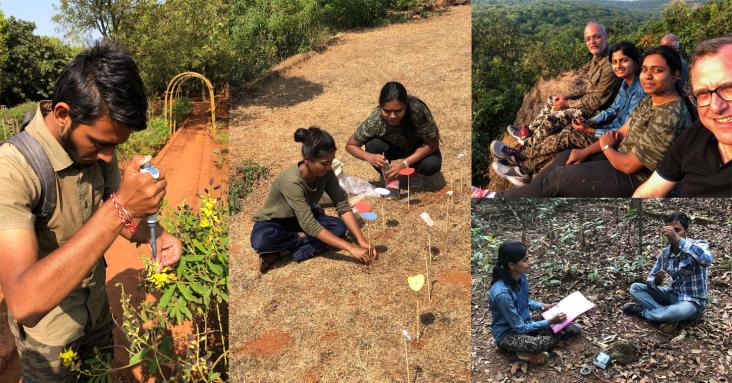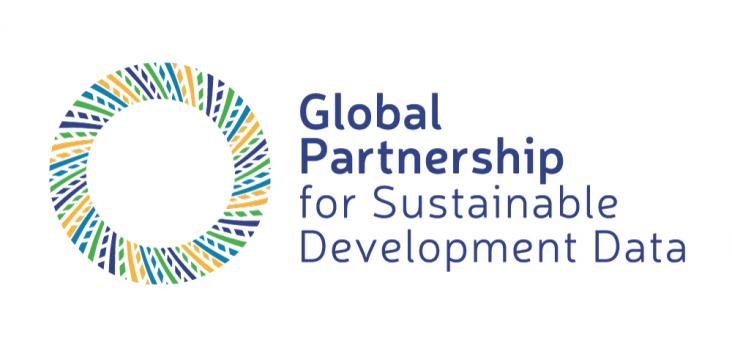
This articles highlights one of the winning proposals of the Elsevier Foundation Green & Sustainable Chemistry Challenge, “Butterfly attractant for pollination and ecosystem health.” The project, which combines ecology and chemistry, involved field observations and lab-based experiments to protect biodiversity in the Western Ghats of India by increasing butterfly pollination, contributing to SDGs 13, 15 and 17.

On April 22nd 1970, 20 million Americans took to the streets, parks and auditoriums to demonstrate for a healthy, sustainable environment in massive coast-to-coast rallies.

The SDG Impact of COVID-19 podcast series gathers expert opinion exploring the impact of COVID-19 on the Sustainable Development Goals. In this segment, we get the view of Dr Claire Melamed, CEO of the Global Partnership for Sustainable Development Data.
The health sector has an important role to play in terms of offering culturally appropriate and relevant care, tackling racism in the health care sector, improving engagement with Indigenous partners, and advocating for decolonizing policies that give control of health and wellness to the Indigenous people of Canada.
Agricultural landscapes cultivated in hilly and mountainous areas, often with terracing practice, could represent for some regions historical heritages and cultural ecosystem services.
Leaders require new tools to make better strategic decisions in an increasingly complex and uncertain environment. The World Economic Forum offers Strategic Intelligence as an engagement option to help you understand the global forces at play and make informed decisions that will have a positive impact on your organisation. The platform contributes to a range of SDGs, including Goals 9 and 17.
Elsevier,
Evidence-informed Approaches for Managing Dementia Transitions: Riding the Waves, Volume , 4 February 2020
This book chapter advances SDGs 3 and 17 by focusing on the need to establish equilibrium and well-being and is organized around eight themes using the acronym R-E-A-D-J-U-S-T. The chapter ties these themes with a call for more research and reinforcement for inclusion of the voices of people with dementia.
Elsevier,
Evidence-informed Approaches for Managing Dementia Transitions: Riding the Waves, Volume , 4 February 2020
This book chapter advances SDGs 3 and 17 by describing the prevalence of dementia in hospitalized patients, reasons for hospitalizations, and risks to older people with dementia in hospitals. Strategies for optimizing outcomes and models of care that are designed to improve care of persons with dementia and their care partners are described to assist healthcare team members working with this unique population.
Elsevier,
Evidence-informed Approaches for Managing Dementia Transitions: Riding the Waves, Volume , 4 February 2020
This book chapter advances SDGs 3 and 17 by introducing aspects of the lived experience, management, and epidemiology of dementia and some of the significant transitions that people with the disease and their caregivers frequently encounter.
